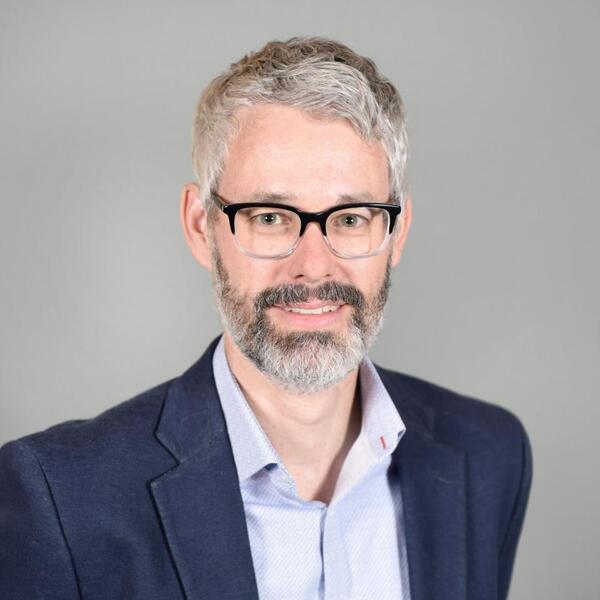Kirk Jalbert is an Assistant Professor at Arizona State University in the School for the Future of Innovation in Society with a joint appointment in the School of Computing, Informatics, and Decision Systems Engineering. He directs the Civic Science for Environmental Futures Collaborative, a collective space exploring participatory action research projects driven by communities working to create more equitable environment futures. Kirk is also a JPB Environmental Health Fellow with the Harvard T.H. Chan School of Public Health.
Kirk’s research explores public engagements with environmental science and governance that emerge from energy justice movements and how these are shaped by data mobilizations, information technologies, and community-driven scientific research efforts. His work additionally seeks to understand social, political, and technical relationships that make for effective partnerships spanning academic, nonprofit, and community-based research practice.
Prior to joining ASU, Kirk worked in the nonprofit sector, facilitating data transparency, mapping, and digital storytelling projects as Manager of Community-Based Research and Engagement for the FracTracker Alliance. He also served on the Pennsylvania Department of Environmental Protection’s Environmental Justice Advisory Board from 2016 to 2018. Kirk received his Ph.D. in Science and Technology Studies from Rensselaer Polytechnic Institute, his M.F.A. in Media Arts from the School of the Museum of Fine Arts Tufts, and a B.S. in Computer Science from Worcester Polytechnic Institute.
Grants
Publications
Projects
| Civic Science for Environmental Futures Collaborative (more info here) |
|---|
|
To learn more about my research at the School for the Future of Innovation in Society (SFIS) at Arizona State University (ASU), visit CivicFutures.org, a site representing a group of faculty, graduate and undergraduate researchers, and community partners working together to make sense of complex environmental issues. In directing this space, our work is primarily in the domain of understanding resource extraction infrastructures and their implications for human and environmental health. We explore how communities can engage with science and policy to shape a more just and equitable environmental future. |
